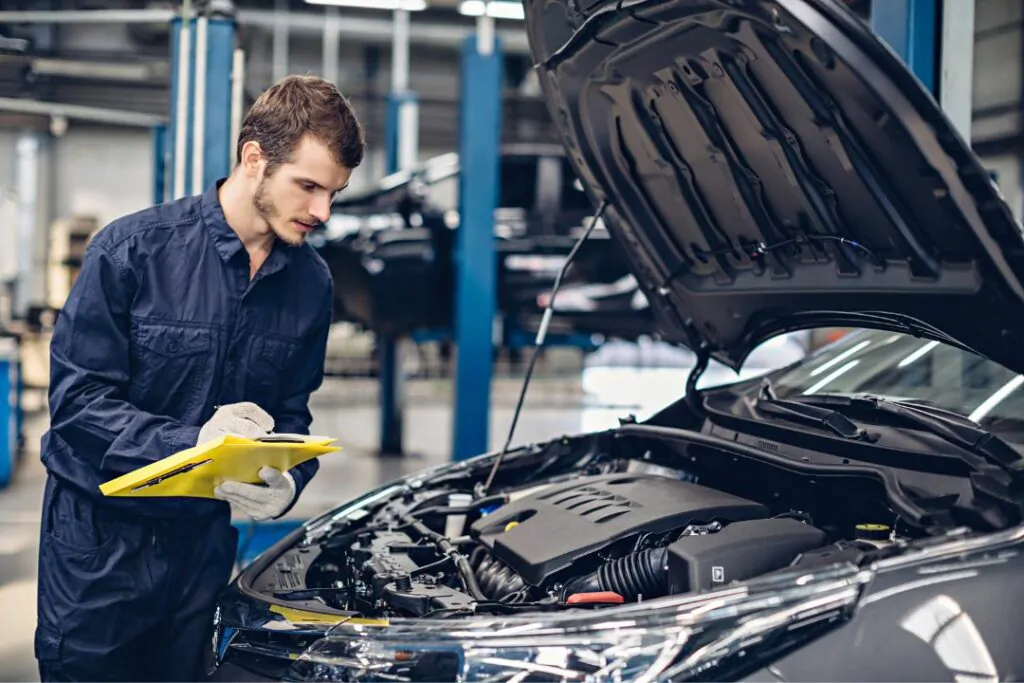Every car owner understands the importance of a well-maintained vehicle. However, it’s often easy to forget that the heart of a vehicle is its engine. Ensuring your car’s engine stays in optimal condition goes a long way in maintaining the overall health of your vehicle. It not only ensures smooth operation but also adds years to your car’s life. This comprehensive guide, designed to be a roadmap for engine maintenance, provides you with nine practical and in-depth tips on how to maintain your engine.Check out the below tips from our friends at who provide a great website which is packed full of everything on car care.
1. Regular Oil Changes: Ensuring Longevity and Efficiency
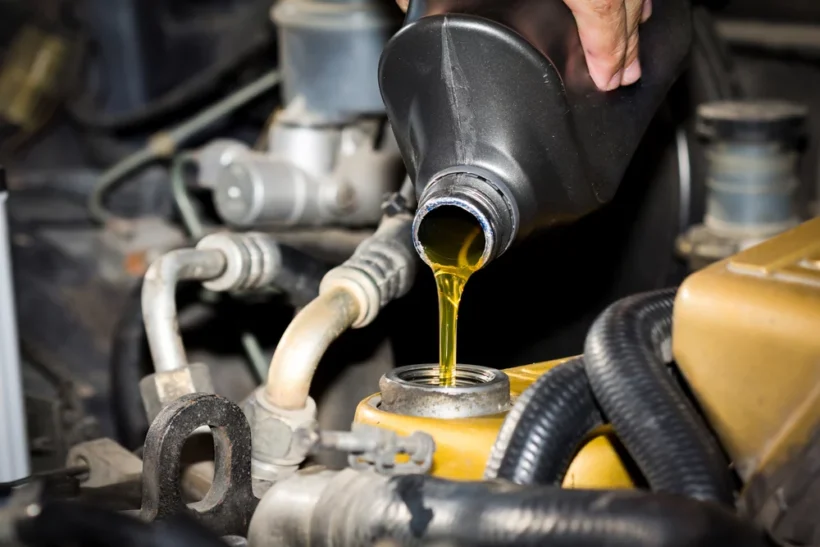
Performing regular oil changes is akin to a routine medical check-up for your vehicle. It plays a crucial role in ensuring your engine remains healthy. Engine oil lubricates all moving parts, reducing the friction that would otherwise cause wear and tear. But this isn’t the only function it performs – it also helps cool down parts of the engine that the radiator can’t reach.
However, as time passes, engine oil starts to degrade and collects microscopic debris. This decreases its effectiveness, hence the need for regular oil changes. Every 3,000 to 5,000 miles is a standard guideline, but make sure to consult your vehicle’s manual for specific oil change intervals.
2. The Importance of Quality Fuel
Fuel quality can significantly impact the performance and longevity of your engine. Higher octane fuels contain more cleaning additives, helping to prevent deposit formation within your engine. Even the occasional use of premium fuel can give your engine a cleansing boost.
Fuel additives, available at most auto parts stores, offer a convenient alternative to premium fuel. These additives, when used with regular fuel, help ensure your engine stays clean and runs smoothly.
3. Cooling System Maintenance: Keeping Your Engine’s Temperature in Check
Your engine operates at high temperatures, and its cooling system prevents overheating. It is vital to regularly check your coolant level and top off as necessary.
A complete coolant system flush can prevent the buildup of rust and scale deposits, improving the efficiency of your cooling system. The timing of a coolant flush varies based on the manufacturer’s recommendation and should be included in your maintenance schedule.
4. Respecting the Check Engine Light: Your Car’s Cry for Help
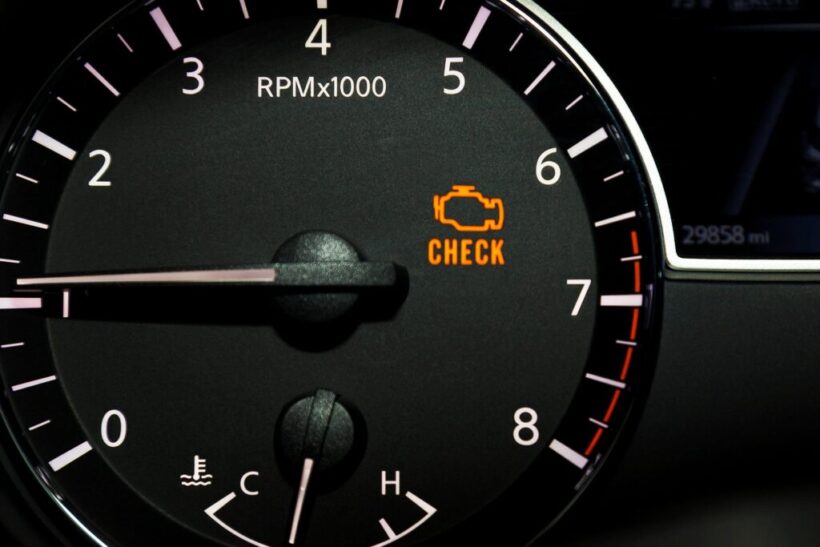
The check engine light is more than just an indicator on your dashboard – it’s a warning sign of potential issues within your vehicle. Ignoring this warning can lead to significant damage and expensive repairs. When the check engine light comes on, make sure to have your vehicle inspected by a professional as soon as possible.
5. Regular Engine Tune-ups: Maintaining Optimal Performance
Engine tune-ups include thorough inspections and, if necessary, replacements of engine parts such as spark plugs, air filters, and fuel filters. Regular tune-ups can improve fuel economy, reduce emissions, and extend the life of your engine. They help identify minor issues that, if left unaddressed, could lead to significant damage.
6. Smooth Driving: Going Easy on Your Engine
Your driving habits can heavily influence the health of your engine. Rapid acceleration, high-speed driving, and hard braking can lead to engine wear and damage critical components. A smoother, more relaxed driving style can reduce strain on your engine and extend its lifespan.
7. Engine Cleaning: Keep It Clean, Keep It Running
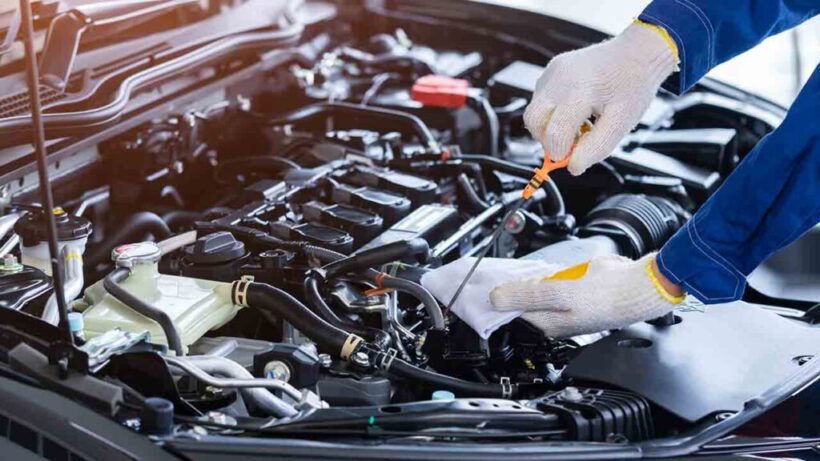
Engines can accumulate dirt, grime, and road salt, which can cause corrosion and damage. Regular professional cleaning can prevent such accumulation, ensuring your engine runs cooler and more efficiently.
8. Air Filter Maintenance: A Breath of Fresh Air for Your Engine
Your engine air filter plays a crucial role in protecting your engine from harmful debris. Over time, the filter can become dirty and clogged, making your engine work harder than necessary. Regular air filter checks and replacements can keep your engine running smoothly.
9. Regular Inspections: Early Detection, Timely Intervention
Regular inspections by a professional mechanic can identify potential engine issues before they become serious problems. They can spot signs of wear, leaks, or damage that you might not notice. Regular inspections are like preventative healthcare for your vehicle, catching small issues before they turn into major problems.
10. Keeping Up With Routine Maintenance
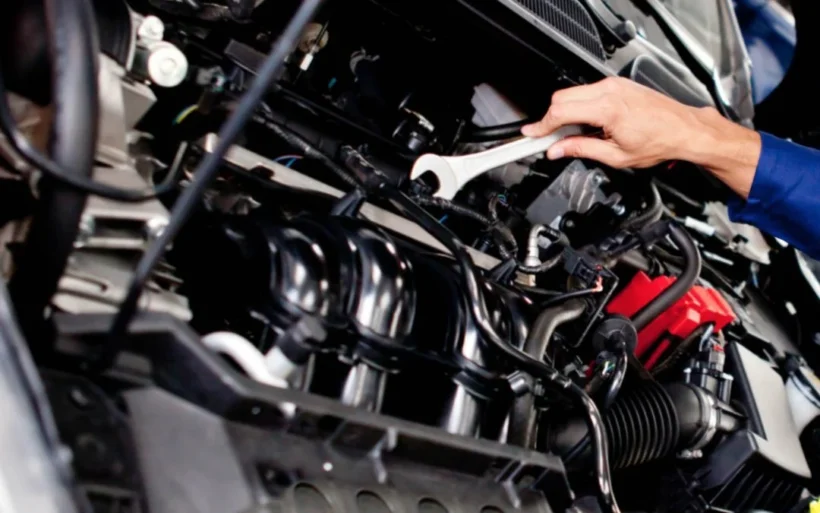
Scheduled servicing according to your manufacturer’s maintenance schedule is a critical step in ensuring the longevity of your engine. This schedule, found in your vehicle’s owner manual, may include services like timing belt changes, fluid checks and changes, and inspections of various engine components. By adhering to this schedule, you’ll ensure your car gets the necessary preventative maintenance at the right intervals, preventing small issues from becoming larger problems.
11. Using the Right Engine Oil
Just as crucial as regular oil changes is the quality and type of engine oil you use. There are different types of oil – synthetic, semi-synthetic, and mineral – and they all have different characteristics suitable for different types of engines. Make sure to use the type of oil recommended by your car’s manufacturer, as it will have the right viscosity and additives for your specific engine.
12. Inspecting and Replacing Timing Belts and Chains
Timing belts and chains play a crucial role in synchronizing your engine’s functions. If these belts or chains fail, they can cause severe damage to the engine. Regular inspection and replacement, according to your vehicle’s manual, will prevent this catastrophic damage and extend the life of your engine.
13. Maintain a Healthy Exhaust System
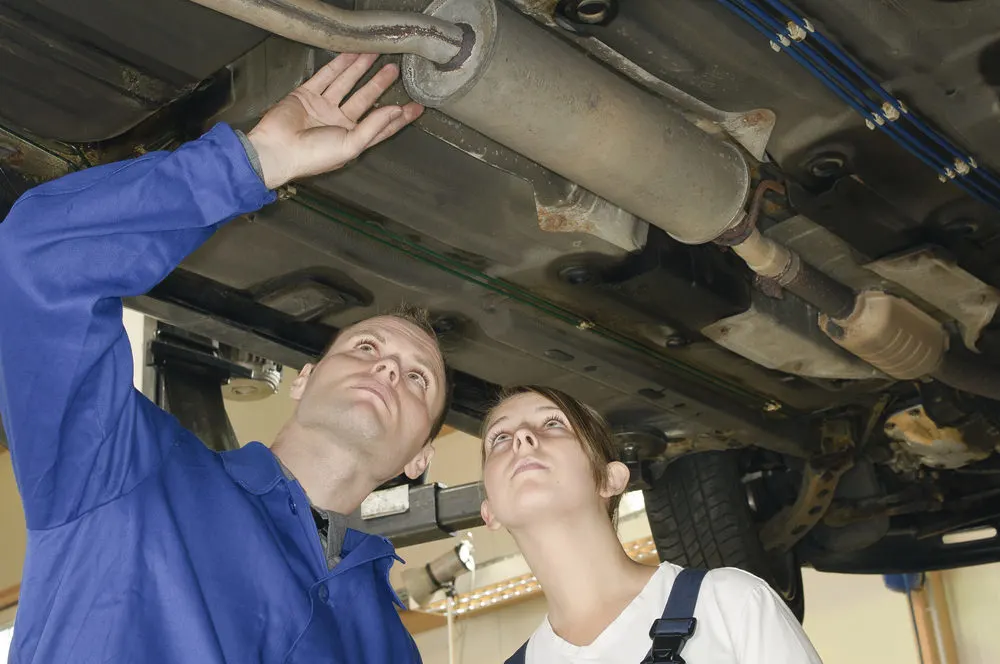
A well-functioning exhaust system ensures that the gases from the engine are expelled efficiently. Any blockages or leaks can put extra pressure on the engine, leading to increased wear and tear. Regular inspections of your exhaust system will help maintain the health of your engine.
14. Pay Attention to Your Engine’s Performance
Paying close attention to your engine’s performance is an excellent way of catching issues early. Any unusual noises, changes in engine power, or excessive vibrations should be checked by a professional. These could be symptoms of issues that, if addressed early, can prevent major engine damage.
Conclusion
To conclude, maintaining the health of your car’s engine involves various aspects, from regular servicing to being attentive to changes in performance. The tips in this guide provide a comprehensive approach to engine maintenance, encompassing not only the basics but also often overlooked areas like the quality of oil, the health of the exhaust system, and the condition of timing belts and chains. By following these recommendations, you can ensure your engine stays in top condition for the long haul, saving you costly repairs and providing peace of mind. Remember, a healthy engine leads to a reliable and safe vehicle. So, invest time and effort into engine maintenance – it’s worth it.

